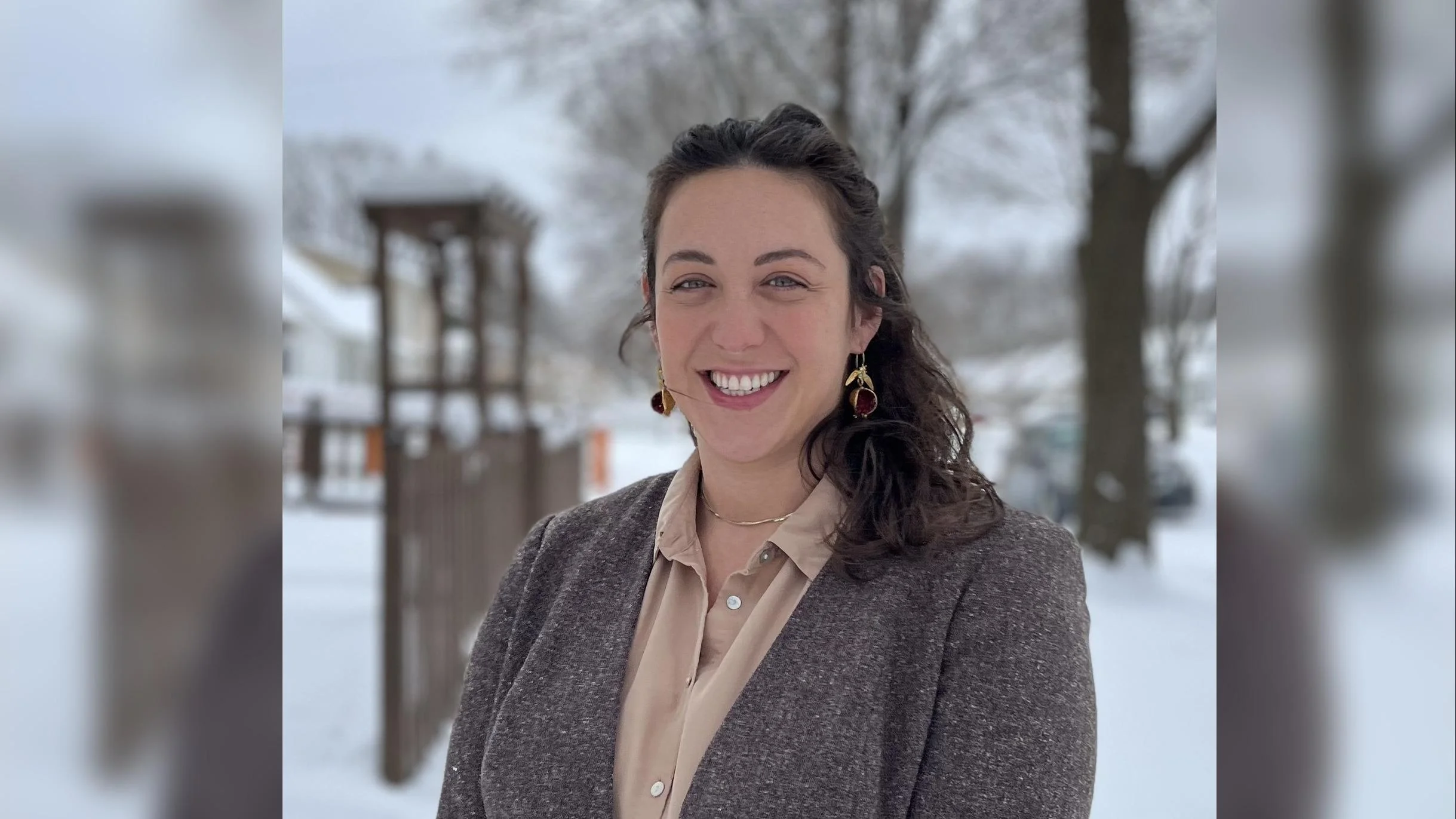Blair Mosner Feltham, Madison Metropolitan School District Board Member | Facebook
Blair Mosner Feltham, Madison Metropolitan School District Board Member | Facebook
The Madison Metropolitan School District (MMSD) is reporting advancements in its special education initiatives, particularly in integrating students with Individualized Educational Programs (IEPs) into general education settings.
From the 2019-2020 to the 2023-2024 school years, there have been increases in inclusion rates at all educational levels: elementary schools rose from 89.72% to 93%, middle schools from 79.59% to 87%, and high schools from 60.03% to 70%. Notably, 83% of MMSD students with an IEP are included in general education for at least 80% of their time, surpassing the state target of 76%.
“The steady increase at each building level is encouraging,” stated Dr. Nancy Molfenter, associate superintendent of student services. “We are seeing results that can be impactful. Research has shown that inclusive environments are critical to a student’s success and better prepares them for post-secondary education and employment opportunities.”
MMSD's transition services for students with disabilities moving from high school to adult life are also yielding positive outcomes. Campus Connect, a collaboration with Madison College, stands as the largest program of its kind nationwide, currently supporting 44 students compared to the U.S. average of 17. At least 80% of these students achieve grades of C or higher, and over the past decade, more than 40 students have graduated with a degree. Recently, a survey revealed that 37% of respondents had completed at least one semester of college, exceeding the state average of 26%.
“We are excited about the progress we have seen, and we know there is room to grow,” Molfenter expressed. “We continue to look for opportunities to improve our special education services and how we can help students be successful in school and beyond.”
These updates were presented during a recent Board of Education meeting. MMSD serves over 4,100 scholars aged between three and twenty-one with IEPs and strategically plans for their academic success.






 Alerts Sign-up
Alerts Sign-up